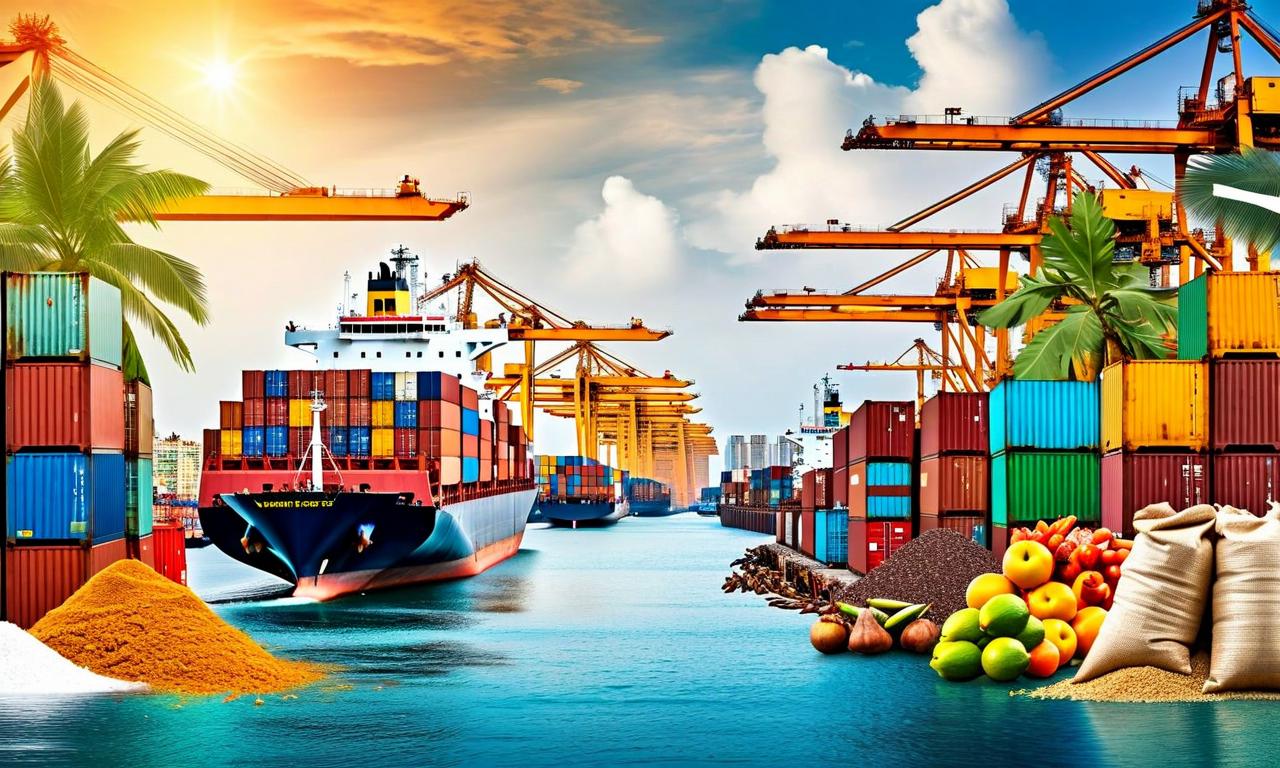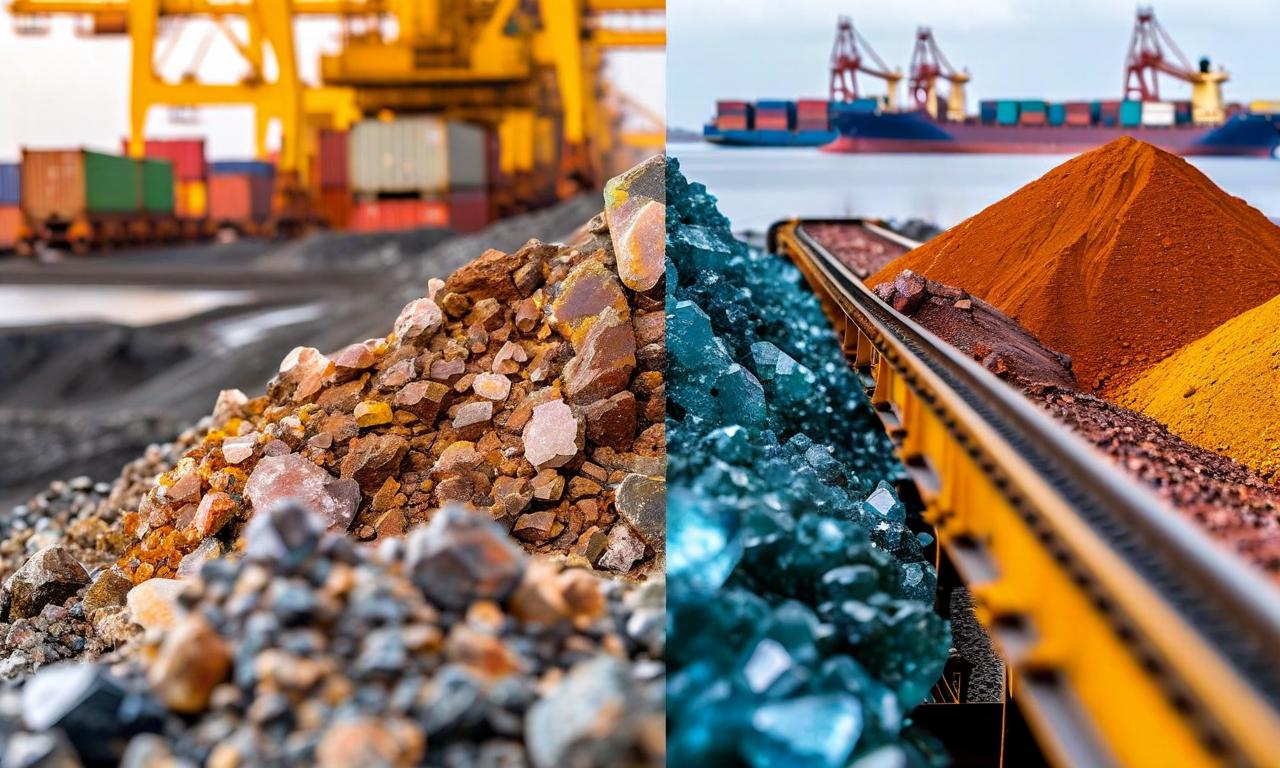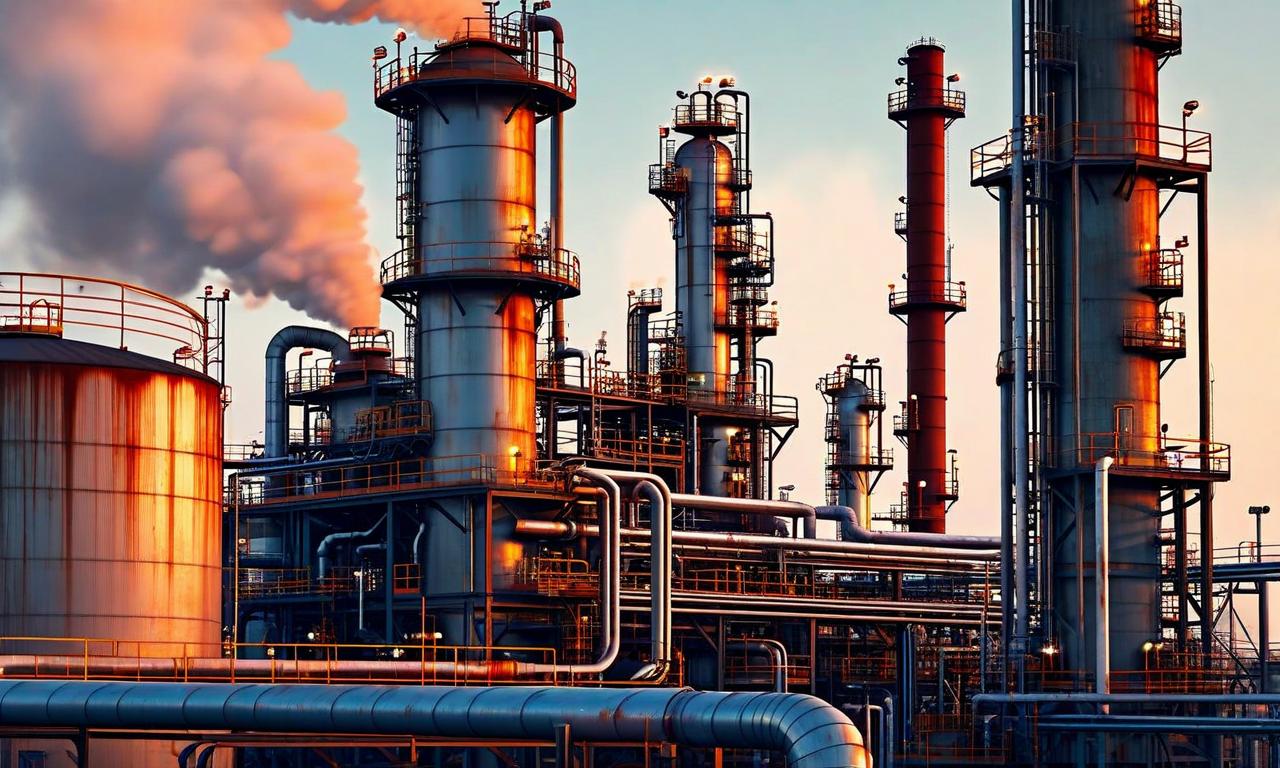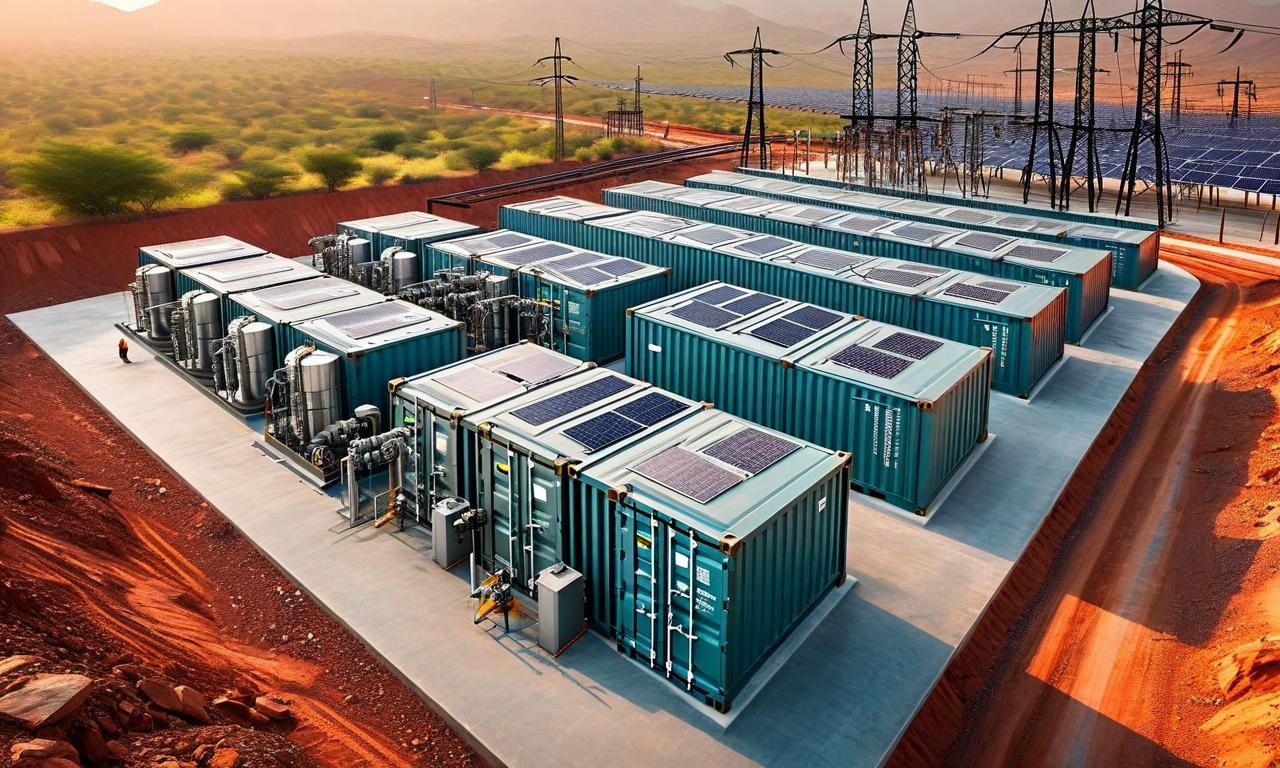EU Pushes Forward with Trade Agreements Across Asia-Pacific
European Commission President Von Der Leyen announced progress in finalizing trade agreements between the EU and six Asia-Pacific countries: India, Australia, UAE, Thailand, Philippines, and Malaysia. These agreements aim to increase bilateral trade, enhance investment flows, and strengthen economic ties with rapidly growing markets. The move underscores the EU's strategic focus on the Asia-Pacific region and its effort to diversify trading partners.

*this image is generated using AI for illustrative purposes only.
European Commission President Von Der Leyen has announced that the European Union is making significant strides in finalizing trade agreements with six key Asia-Pacific countries. This move signals the EU's commitment to expanding its economic partnerships and potentially boosting bilateral trade and investment flows in the region.
Countries Involved
The EU is actively working on trade agreements with the following nations:
| Country | Region |
|---|---|
| India | South Asia |
| Australia | Oceania |
| UAE | Middle East |
| Thailand | Southeast Asia |
| Philippines | Southeast Asia |
| Malaysia | Southeast Asia |
Potential Impact
These trade deals, once finalized, could have far-reaching implications for the EU's economic relationships in the Asia-Pacific region. By expanding its network of trade agreements, the European Union aims to:
- Increase bilateral trade volumes
- Enhance investment flows
- Strengthen economic ties with rapidly growing markets
- Diversify its trading partners
Strategic Significance
The pursuit of these trade agreements underscores the EU's strategic focus on the Asia-Pacific region, which houses some of the world's fastest-growing economies. By engaging with a diverse range of countries - from the large markets of India and Australia to the emerging economies of Southeast Asia - the EU is positioning itself to tap into various economic opportunities across the region.
Next Steps
While the announcement indicates progress, it's important to note that trade agreements often involve complex negotiations and can take considerable time to finalize. Stakeholders will be watching closely for further developments and specific details of these agreements as they progress towards completion.
As these trade talks advance, they may have significant implications for businesses and investors looking to expand their operations or investments between the EU and these Asia-Pacific nations. The potential reduction of trade barriers and the creation of new economic opportunities could reshape trade dynamics in the coming years.





























